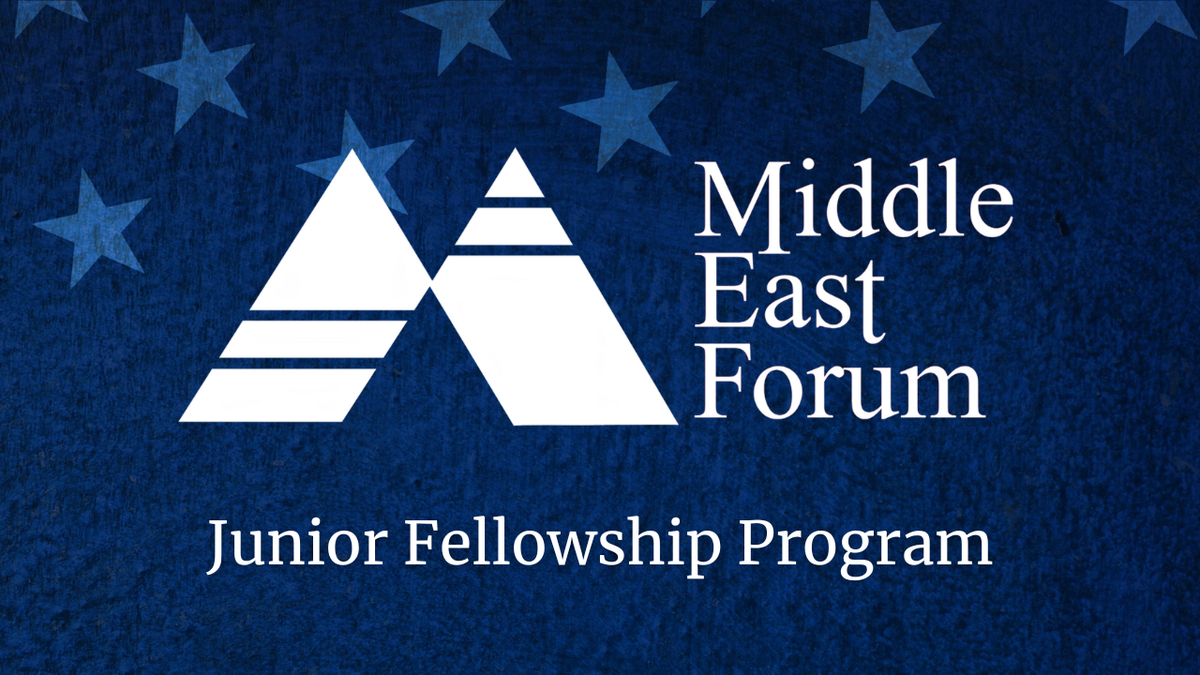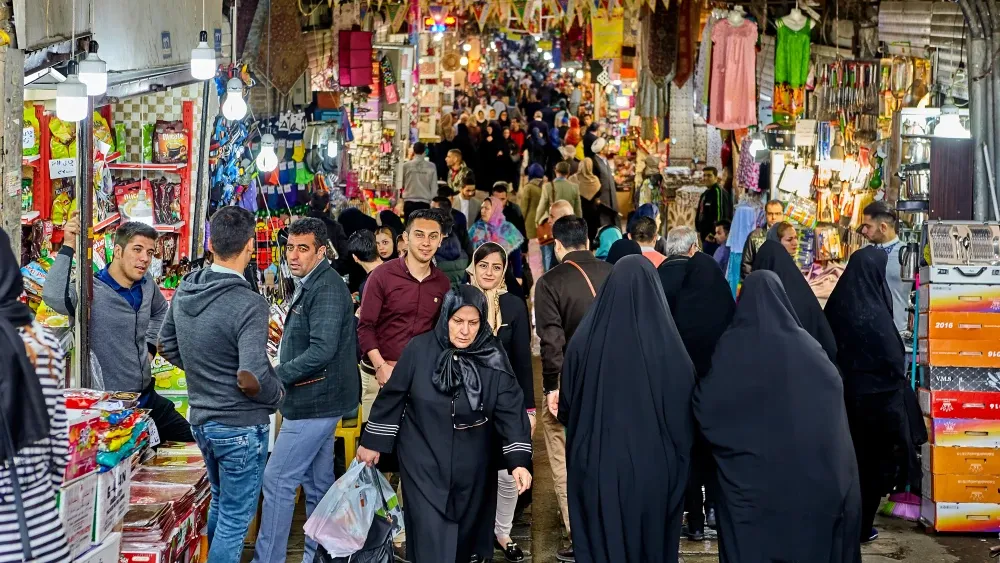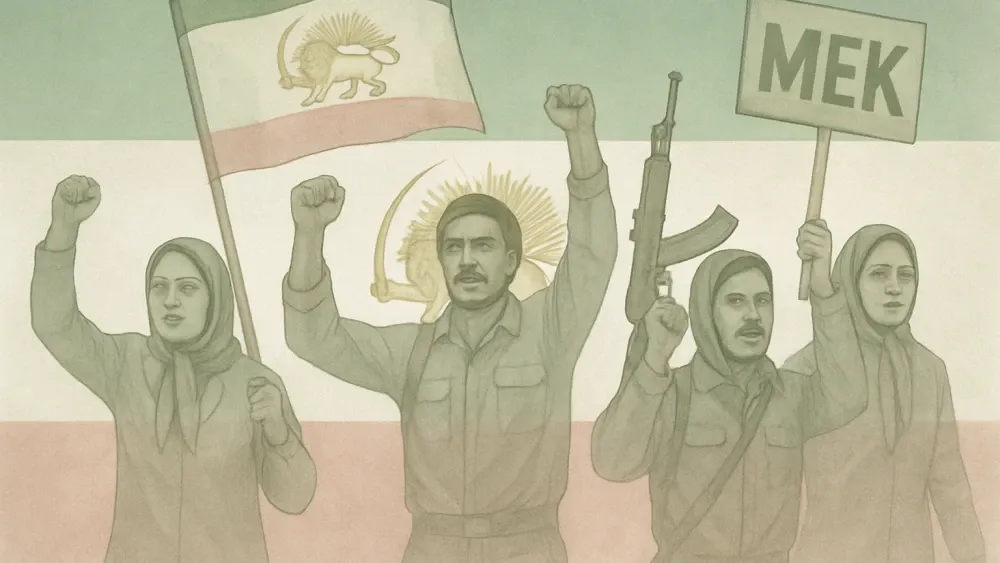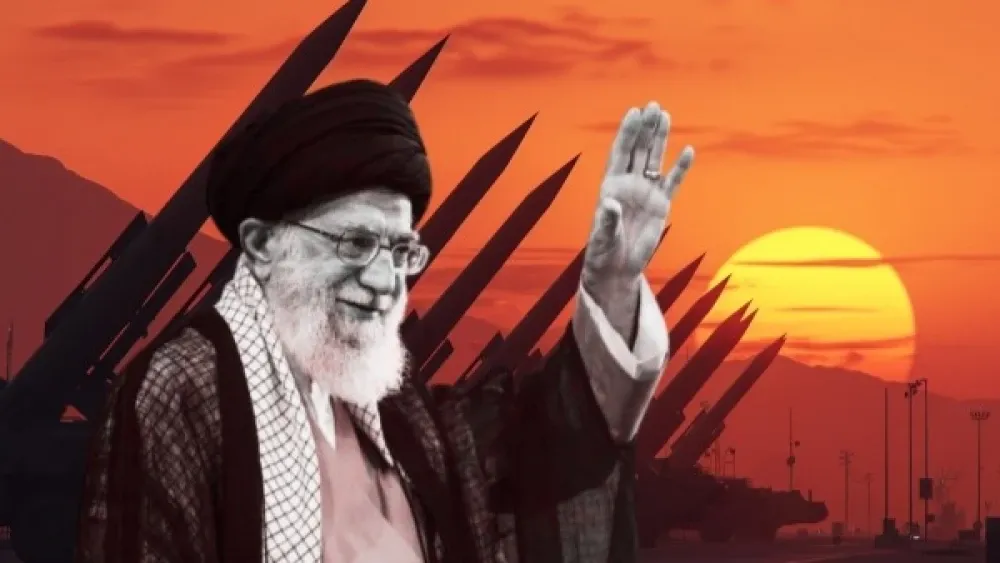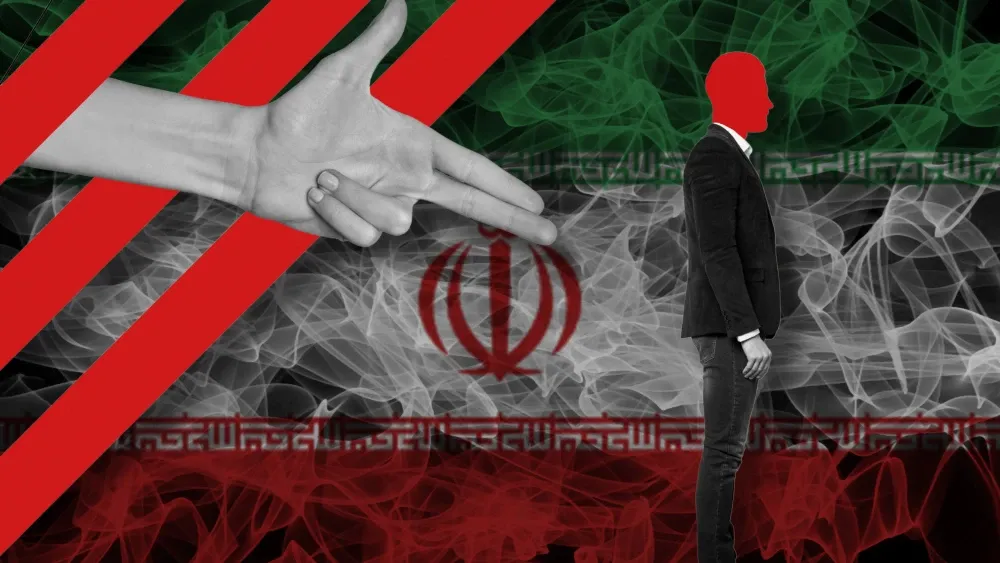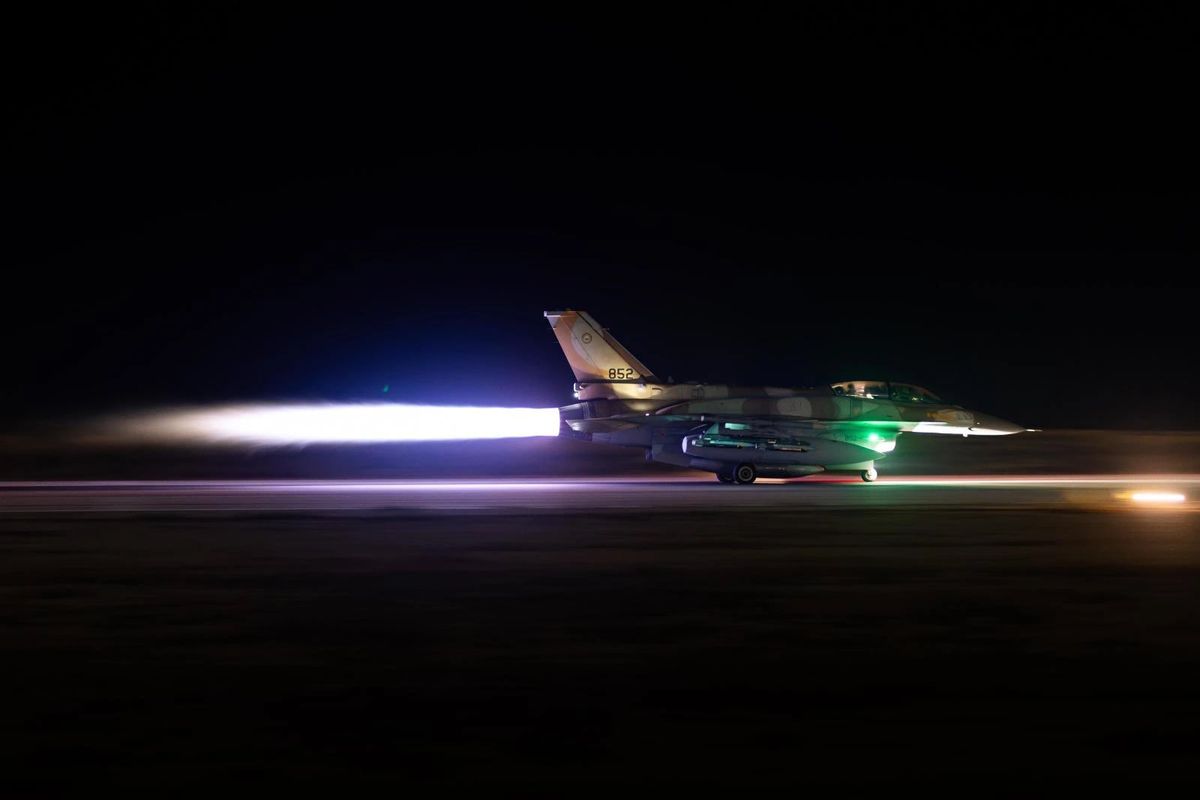| ||
 | ||
| Georgetown Sells Out; Iranian Resistance Groups; Khamenei's Newfound Nationalism By Winfield Myers ● Jul 09, 2025 Smart Brevity® count: 6.5 mins...1680 words Georgetown University’s Alwaleed Center for Muslim-Christian Understanding is ground zero for malign influence actors from Qatar, Turkey, and Malaysia, according to a major new MEF report. Behind these operators is the Safa Network, a web of charities run by a cabal of influential Islamists previously investigated by federal law enforcement agencies over apparent involvement with Hamas, Palestinian Islamic Jihad, and Al Qaeda. We feature two articles by Michael Rubin on Iranian opposition groups, including the Mojahedin-e Khalq Organization, which has little support inside Iran thanks to—among other reasons—its cult-like operations and support for Iran’s 1979 revolution. Moreover, it’s time for all groups in the Iranian resistance to become fully transparent about their finances and operations, Rubin writes. Mardo Soghom isn’t buying Supreme Leader Ali Khamenei’s sudden embrace—following decades of ridicule—of Iranian nationalist symbols. It’s little more than the “theatrics of survival.” This issue also features the work of Giulio Meotti and Aymenn Jawad Al-Tamimi. | ||
ICYMI: July 9 | Israel Insider with Alex SelskyPM Netanyahu to meet President Trump after striking Iran: signal of a diplomatic breakthrough, or merely a photo opportunity? Alex Selsky is a senior adviser to MEF's Israel Victory Project, and lecturer at Jerusalem Multidisciplinary College. He is currently serving as Homefront Command reserve major in the Israel Defense Forces. Formerly, he served as advisor to Prime Minister Netanyahu and as CEO of the International Israel Beytenu Movement. He holds a B.A. in Business and Executive M.A. in Public Policy from Hebrew University. To watch the full podcast episode, click here. | ||
MEF Report: Georgetown Sells Out to Malign Islamist InfluencersThe Middle East Forum's new report, "Beachhead: Georgetown University: How Foreign and Domestic Radical Actors Captured a U.S. University,” lays bare the alarming collaboration between Georgetown faculty and terror-linked operatives. What it reveals: Georgetown’s Alwaleed Center for Muslim-Christian Understanding (ACMCU) is now a breeding ground for anti-American, anti-Western, and antisemitic sentiment, fueled by malign Islamist influence actors from Qatar, Turkey, and Malaysia. Why it matters: This represents a grave threat to U.S. national security, as these influencers shape the minds of future diplomats, academics, students, and policymakers against American interests.
What’s next: MEF demands a federal investigation into Georgetown’s alliances with extremists and calls for cutting federal ties if these partnerships continue.
Read the press release and the full report. | ||
Announcing MEF’s Junior Fellowship ProgramThe Middle East Forum is calling for applications to its Junior Fellowship program, open to emerging scholars, journalists, and analysts. This program provides a unique platform for participants to enhance their skills, share innovative ideas, and build networks among experts focused on the Middle East and Islamism.
Program details: The fellowship runs from September through June.
To apply: The deadline is July 15, with the program starting on September 1.
For more information, click here. | ||
Iran’s Mojahedin-e Khalq Organization Is Now Irrelevant. Will It Disband?The Mojahedin-e Khalq Organization (MEK) operates with a cult-like structure and suspicious financial practices, raising alarms. Why it matters: MEK claims influence, but its support in Iran is nearly non-existent, questioning its real purpose and credibility.
Details: MEK frequently acts as a conduit for foreign intelligence, likely for Israeli and Saudi agencies, as evidenced by its false intelligence claims.
What's next: The real question, however, is no longer the Mojahedin-e Khalq’s relevance; the group’s irrelevance is plain to see.
To read the full article, click here. | ||
Time to Demand Full Transparency of Iranian Resistance GroupsWhile Trump’s team clarified that regime change was not a war aim, speculation remains rife in Iran, especially given Iranian Supreme Leader Ali Khamenei’s continued absence. Khamenei’s cowardice and absence have raised Iranian speculation that his days are numbered and that he fears rivals more than even the Israelis. Why it matters: As Iranian opposition groups maneuver around Washington, London, and Paris, seeking predominant, if not exclusive, support, it is time for Western policymakers and Iranians to demand full transparency.
Details: Ali Safavi, MEK's public relations face, highlights endorsements as proof of legitimacy, but critics argue these are bought with hefty honoraria.
What's next: Western policymakers and Iranians must demand transparency from all opposition groups, scrutinizing their financial dealings and true grassroots support.
To read the full article, click here. | ||
Theatrics of Survival: How Khamenei’s Regime Masks Defeat with Borrowed SymbolsIranian Supreme Leader Ali Khamenei's surprise appearance at a Shi'ite mourning ceremony underscores a dramatic shift towards nationalism. Why it matters: Following a crushing defeat by Israel, Khamenei's appeal to national sentiment reveals a profound weakness in the regime's ideological stance.
Details: Khamenei’s pivot to nationalism aims to rally support amid declining oil revenues and economic strain from Israel’s air campaign.
What's next: As Iran's infrastructure deteriorates and economic woes deepen, President Masoud Pezeshkian faces pressure to develop new strategies or risk losing public support.
To read the full article, click here. | ||
Iranian Assassins Now Target EveryoneIran's regime employs a worldwide network to target politicians, officials, and journalists, revealing a dangerous escalation. Why it matters: The actions of the Iranian regime highlight a troubling trend of using violence as a tool of foreign policy.
Details: Iran's aggressive tactics involve subcontracting European criminal networks to execute attacks.
What's next: As Iran's aggression persists, the international community faces pressure to respond decisively. Diplomatic strategies must be reevaluated to address the threats posed by Iran's global terror activities.
To read the full article, click here. | ||
Israel’s War with Iran: A Distraction from Gaza?The recent conflict between Israel and Iran, dubbed the "Twelve Day War," reveals deep-rooted tensions beyond mere distractions from Gaza. Why it matters: The conflict's roots lie in Iran's longstanding ideological commitment to Israel's destruction, which has shaped its strategic decisions.
Details: Israel's strike on Iran's nuclear program and military assets reflects a calculated risk amid Iran's setbacks in its "resistance axis." The strategic shift follows Iran's inability to effectively counter Israeli actions in the region.
What's next: Despite a ceasefire brokered by Donald Trump, the underlying tensions persist, with a high risk of future Israeli strikes if Iran maintains its anti-Israel stance. The Iranian government faces a choice: continue its ideological path or seek to break international isolation and reverse economic damage.
To read the full article, click here. | ||
| Thank you for your support and for subscribing to the Dispatch. If you enjoyed it, please forward it to a friend, and please let us know what you thought of this issue. You’ll hear from us again soon. Sincerely, Winfield Myers | ||
| Was this edition useful? Your email will be recorded and shared with the sender | ||
| Powered by | ||
| ||



